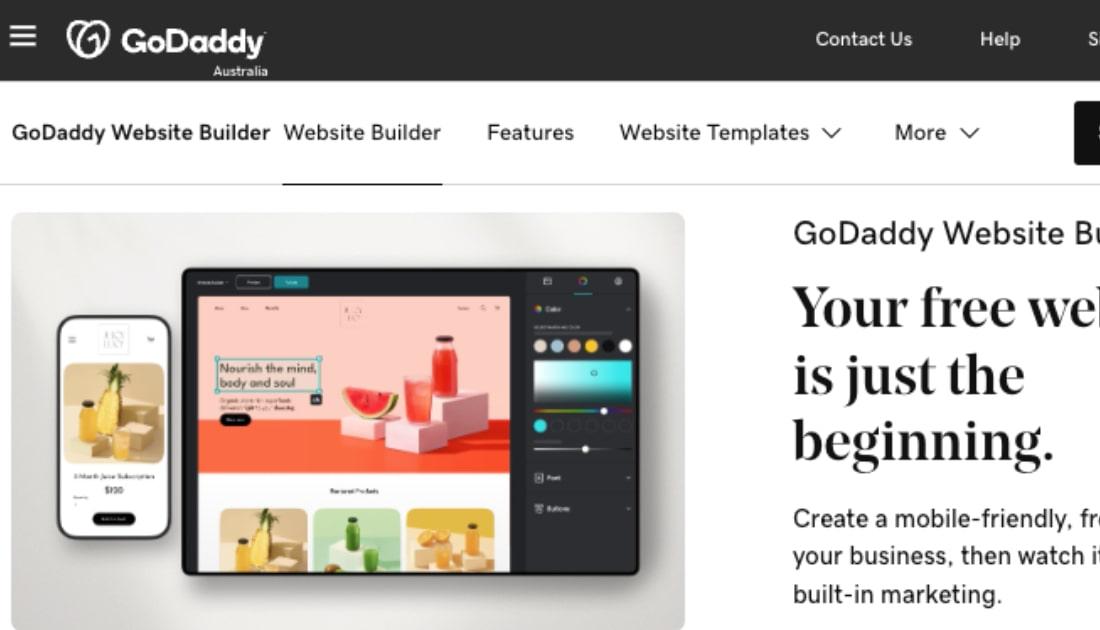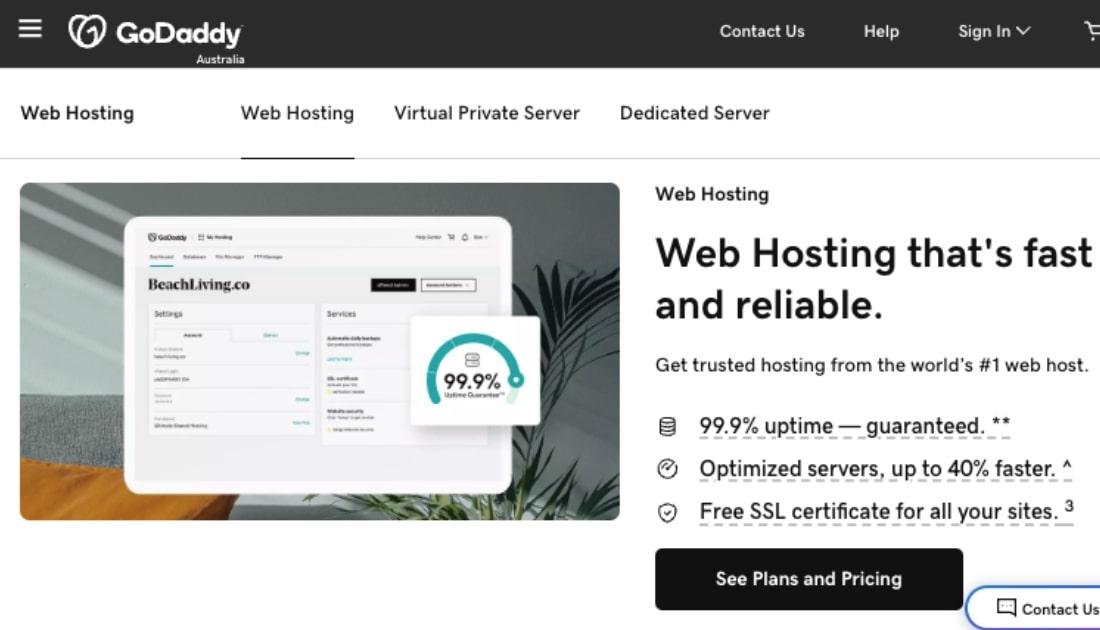You want a website for your business. You know it's important. But, wading through the alphabet soup of acronyms you come across seems like you'll need a Ph.D in CSE.
To be honest, there's merit to your apprehension. Software engineers' top priority isn't making one solution for every problem (because that kind of magical solution doesn't exist and it would be a complicated mess to try). The best programs, the best solutions, solve specific problems. Let's take a quick look at the different ways you can host a website on the Internet.
Basic build-it-yourself
If you don’t know HTML from CSS from NSPE and don’t have the budget to hire a professional Web designer, you can do it yourself. Really, truly, I promise. I've seen it done. I've done it myself.
There are a lot of do-it-yourself solutions out there. Ours is aptly named Website Builder. You don't need to know any kind of coding, scripting, or technical hoopla. It's easy and makes beautiful sites.
Website Builder's an all-inclusive package, too, which means it comes with both the interface you'll use and the hosting account for it.
Slightly more complicated build-it-yourself
Another option to get your own website up and running is to use a CMS (content management system) like WordPress. This is a popular option for small-business owners and bloggers, because you can select a theme. And, oh man, there are thousands and thousands of themes available online. No matter your organization or design sensitivities, there's something out there that will work for you. Still, it takes some effort; it's usually not a simple drag-and-drop procedure. But, if you have a little Web application know-how, you can figure it out.
Hiring a pro (or getting technical)
If you know how to use Adobe Dreamweaver® (or something similar) or you hire a professional, you need a regular, old-fashioned hosting account. That isn't to say it isn't exciting — typical hosting accounts offer the most flexibility of any option we've talked about so far. But, to get any use out of it, you have to know what you're doing.
A good litmus test for needing a hosting account is being comfortable with FTP. If you are, you're great. If you have no idea what I'm talking about, consider a less difficult option.
When you pick up a hosting account, you need to decide whether you want a Linux® or a Windows® account. It's not too hard. Unless you're running a Windows-specific language (ASP/ASP.net) or database (MS SQL), go with Linux.
If you have no idea what I'm talking about, ask your web developer or designer. They'll know what's up.








